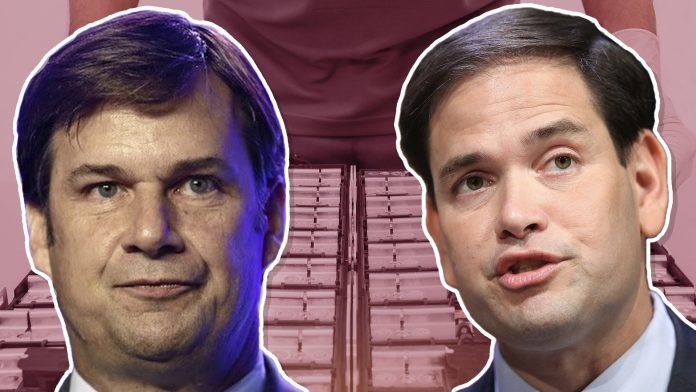A partnership between Ford and CATL is still under fire from Florida Senator Marco Rubio, who last week submitted legislation which would prevent the automaker from receiving tax credits under the Inflation Reduction Act.
The Senator has criticized the deal since it was announced last month that Ford would be licensing CATL’s battery technology to build EVs at a new Michigan plant. He has argued that the arrangement between the two companies will “only deepen U.S. reliance on the Chinese Communist Party for battery tech, and is likely designed to make the factory eligible for Inflation Reduction Act tax credits.” Although the Inflation Reduction Act contains domestic sourcing requirements pertaining to manufacturing, components and materials, automakers are not barred from using equipment from non-American providers. Similar criticisms were offered last month by Glenn Youngkin, the Governor of Virginia, which was originally the intended site for the new factory. Youngkin refused to allow the Ford and CATL to build the facility, saying it would be a “front for China.”
In his own words, the Senator’s bill will “significantly restrict the eligibility of IRA tax credits and prevent Chinese companies from benefiting.” Apart from Ford and CATL, the law would also deny incentives to any automaker using technology from China to build EVs. The Senator has also called on the Committee on Foreign Investment in the United States to review the partnership, and for the Biden Administration to intervene.
Ford has responded to the criticism by pointing out that the new partnership is not a joint venture. Instead, the automaker will be the sole owner and operator of the facility, and that CATL’s role would be restricted to consulting and licensing its battery technology. Whether the deal between the two companies will go forward, or be placed on hold until congress votes on the Senator’s bill remains to be seen.




